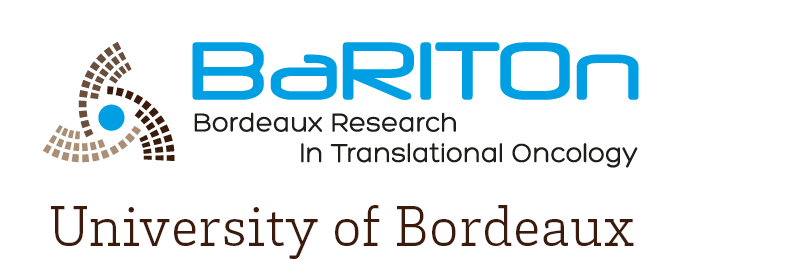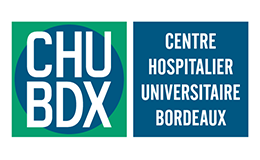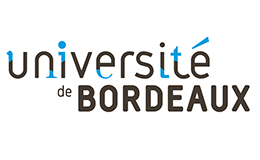Team 2 - Helicobacter infection: Inflammation and Cancer
Team 2 research is dedicated to the study of the pathogenicity of Helicobacter, in particular in the context of digestive cancers associated to Helicobacter infection: Helicobacter pylori infection in gastric MALT lymphoma and adenocarcinoma, as well as enterohepatic Helicobacter infection in hepatic and intestinal carcinogenesis.

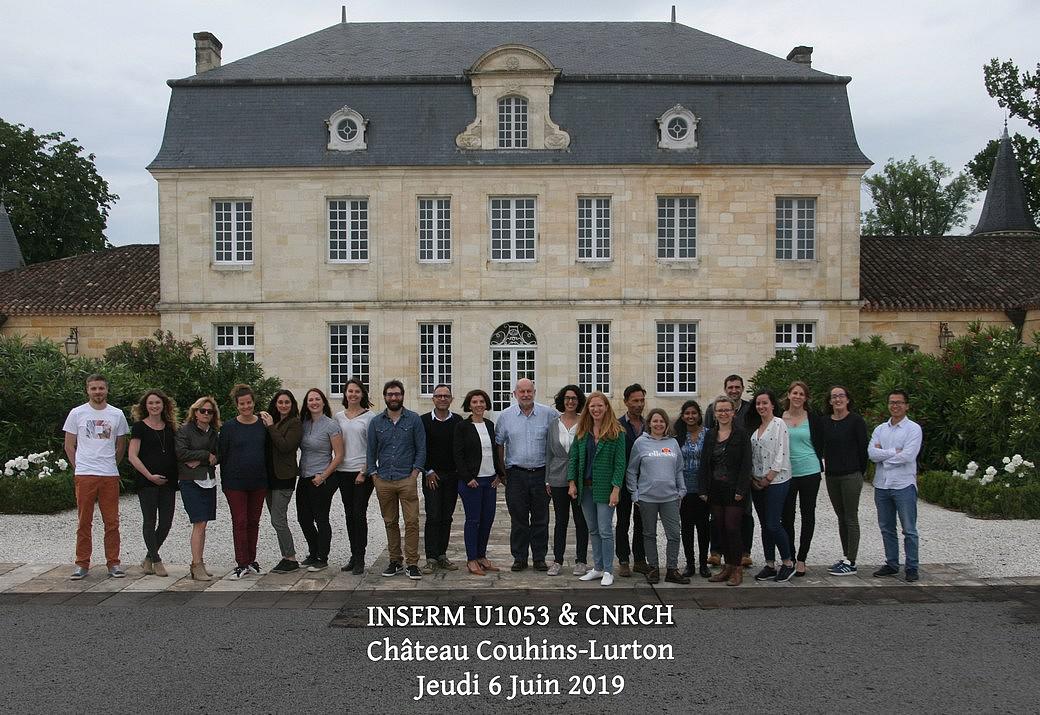
Team leader
Philippe LEHOURS, PU-PH
philippe.lehours@u-bordeaux.fr
+33 (0)5 57 57 12 86
Research description
Our project focuses on the study of Helicobacter pylori and enterohepatic Helicobacters infection and their consequences.
Helicobacter pylori is a Gram negative, microaerophilic bacterium which colonizes human gastric mucosa. H. pylori infection is responsible for at least 90% of non cardia gastric cancers and is the third cause of mortality by cancer in the world with nearly 1 million new cases per year. H. pylori infection consistently induces a chronic inflammation of the gastric mucosa. By its long-life gastric chronic inflammation, H. pylori infection, like other pathogens, could worsen Alzheimer’s disease pathology by increasing neuroinflammation and inducing vascular lesions. Many enterohepatic Helicobacters secrete the Cytolethal Distending Toxin (CDT). CDTs are widely distributed among many pathogenic Gram-negative bacteria. CDT is involved in the severity of the diseases caused by these bacteria and many properties of this toxin support the likelihood of its involvement in cancers.
Our team's aim is to investigate the inflammatory and cellular responses during Helicobacter infections and, in particular, in the context of cancer development.
Our team is linked to the National Reference Center for Campylobacters and Helicobacters.
Our main research axes:
- Gastric MALT lymphoma and in particular on inflammatory and molecular responses in animal model of gastric MALT lymphoma development (Philippe Lehours)
- Cancer stem cells (CSC) at the origin of the gastric adenocarcinoma (Christine Varon & Emilie Bessède).
- Enterohepatic Helicobacters and role of the genotoxin Cytolethal Distending Toxin in cellular remodeling (Armelle Ménard).
- Role of H. pylori infection in the progression of Alzheimer’s disease (Nathalie Salles & Claire Roubaud-Baudron)
Publications
Team members
member | status | affiliation |
Engineer | University of Bordeaux | |
MCU-PH | University Hospital of Bordeaux | |
AHU, PhD student | University Hospital of Bordeaux | |
Engineer | Hospital of Bordeaux | |
PU-PH | University Hospital of Bordeaux | |
Assistant-Engineer | Hospital of Bordeaux | |
Assistant-Engineer | University of Bordeaux | |
MCU-PH | University Hospital of Bordeaux | |
Technician | INSERM | |
PU-PH | University Hospital of Bordeaux | |
PU-PH | University Hospital of Bordeaux | |
Research Engineer | University Hospital of Bordeaux | |
MCU-PH | University Hospital of Bordeaux | |
MCU-PH | University Hospital of Bordeaux | |
PU-PH | University Hospital of Bordeaux | |
PhD student | University of Bordeaux | |
Assistant-Engineer | University of Bordeaux | |
PhD student | University of Bordeaux | |
Professor | University of Bordeaux |
Support
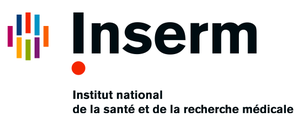 |  | 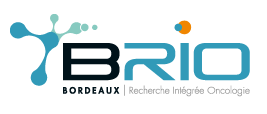 | ||
 |  |
